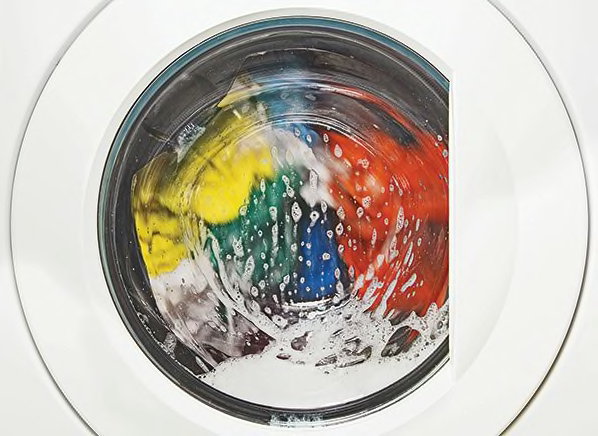Sign In

Menu
Suggested Searches
Recent Searches
Suggested Searches
Product Ratings
Resources
Chat With AskCR
Resources
All Products A-ZThe payment for your account couldn't be processed or you've canceled your account with us.
Re-activateMy account
Sign In
My account
Sign In

I once had a plumber tell me that I didn't need to replace my leaky kitchen faucet with a new one. That was refreshing because plumbers make a chunk of their living replacing leaky things, and have you seen the price of kitchen faucets lately? He saved me money, himself time, and both of us hassle when he replaced the old washer unit instead.
That's exactly the sort of practical move that's missing in the huge (and expensive) health-care arena, as more tests and procedures are prescribed with less evidence that they're necessary or even beneficial. The Congressional Budget Office estimates that up to one-third of health-care spending in the U.S. goes for unneeded medical services.
Now some physicians are saying "stop." The American Board of Internal Medicine Foundation has teamed with Consumer Reports and nine medical specialty groups, including cardiology, oncology, and primary care, in a new initiative called Choosing Wisely.
Each specialty has identified five common tests, procedures, or treatments that evidence shows are often overused. Consumer Reports is developing consumer-friendly versions of those "top five" lists to help patients work with their doctors to make informed decisions.
An analysis of a similar initiative that focused on 10 overused primary-care activities concluded that more than $5 billion could be saved if all the recommendations made by the participating physicians were followed, with no worse outcomes for patients.
For example, running imaging tests for uncomplicated lower-back pain early on doesn't affect the course of treatment or help patients get better faster; what it does do is waste money, expose them to radiation, and, at times, lead to more unneeded tests.
For information about our participation in the campaign and useful tips on managing your health care, go to ConsumerHealthChoices.org/choosing-wisely starting in early April.

This monthly letter to subscribers from Consumer Reports President Jim Guest highlights the critical consumer issues behind our current reports. See archived letters.
 WASHING MACHINE REVIEWS
WASHING MACHINE REVIEWS GENERATOR REVIEWS
GENERATOR REVIEWS
 Build & Buy Car Buying Service
Build & Buy Car Buying Service
Save thousands off MSRP with upfront dealer pricing information and a transparent car buying experience.
 Get Ratings on the go and compare
Get Ratings on the go and compare
while you shop

